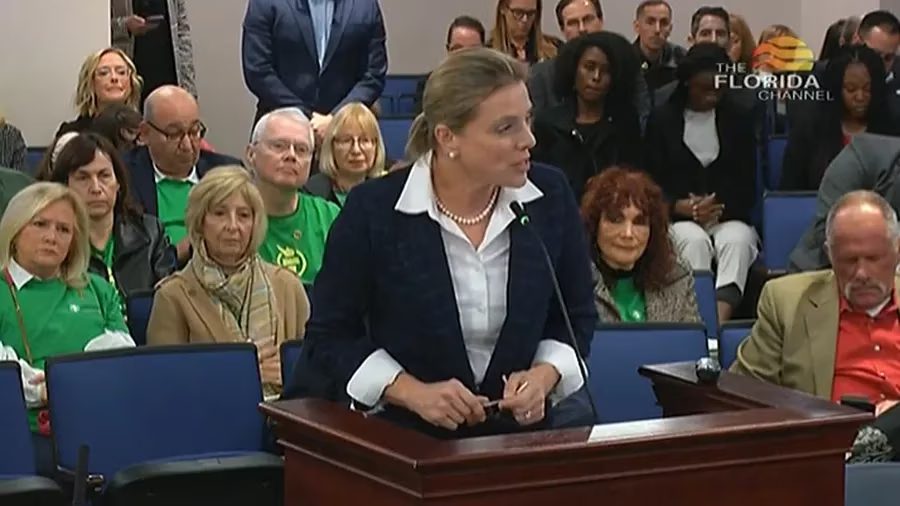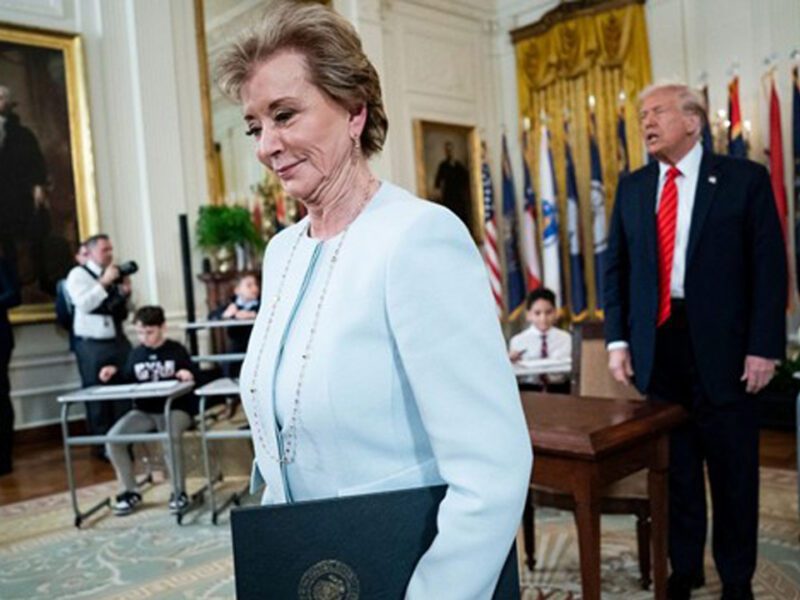
Florida home-schoolers want no part in voucher expansion bill
Tampa Bay Time | By Heffrey S. Solochek | February 20, 2023
The added regulations, they say, could keep their children’s education from being “separate and free.”
When Florida Republican leaders rolled out their newest plan for more school vouchers in January, they made sure that home education families would be included.
After reviewing the specifics, many home-schooling organizations are saying thanks, but no thanks.
“We want home education programs to be treated separately and not be confused with families that choose to take the education savings account,” said T.J. Schmidt, senior counsel for the Home School Legal Defense Association.
The concern centers on requirements the legislation (HB 1/SB 202) would impose on home-schooling families who accept the state money. The bills would provide accounts to 10,000 home-schoolers the first year, growing the number in subsequent years.
Families would receive the equivalent of what the state allots per student in a public school and could use it for expenses such as tutoring, college courses and instructional materials. But to qualify, the students would have to annually take a national norm-referenced test and meet with a “choice navigator.”
House sponsor Rep. Kaylee Tuck, R-Lake Placid, said the navigators were proposed specifically for home-schooling families “to make sure they have guidance.”
Many parents do not want to submit to those requirements and do not intend to take any money tied to them, said Brenda Dickinson of Florida’s Home Education Foundation.
“We’re not trying to remove home-schoolers from getting (education savings accounts),” Dickinson said. “What we want is a separation between the parents that take money and those who choose not to take money.”
She worried that if the legislation is adopted as is, schools might lump all home education students together when considering things such as collecting payment for services. Home-school advocates worked hard to get free access to Florida Virtual School and dual enrollment courses, she noted, and if some are receiving state money while others are not, confusion could ensue.
“If we call everybody home-schoolers, how are the other laws specifically for (nonvoucher) home-schoolers going to be distinguished?” Dickinson said. “If additional accountability is placed on families that take the scholarship, I want that in a different section of law. I don’t want that to reflect on people who don’t take the scholarships.”
The legal defense association, in conjunction with Home Education Foundation and others, sent an alert to supporters asking them to call on lawmakers to remove home-schooling from the bills.
Hints that such a move might be afoot came in the first hearing on House Bill 1, before the Choice and Innovation subcommittee.
Regina Piazza, an Okaloosa County parent representing the home-schooling group Classical Conversations, told the panel that the bill offered some needed fresh perspectives on education. However, she said, it also could use some adjustments to gain home-schoolers’ support.
Specifically, she said, it should make any testing optional rather than required. The choice navigators also should not be mandated, Piazza said.
“It is our collective goal to ensure the principles of freedom and self-government are not undermined,” she said.
Dickinson pointed to the testing requirement as an area that could end up limiting those freedoms. If the state requires testing, and the students do poorly, she said, lawmakers could use that information to place added restrictions on home-schooling — even for those who do not participate in the voucher program.
Schmidt of the Home School Legal Defense Association said Florida has over 30 years developed a strong home education law.
“It has worked very well. It has appropriate regulation,” he said. “But it also has appropriate freedom for parents who choose to home-educate. … We’re just wanting home education programs to be separate and free.”
Lawmakers have signaled they are open to considering amendments in line with their goal of expanding education options, without regard to income status. The Senate version is slated to get its first hearing Tuesday before the Education Pre-K-12 Committee.





